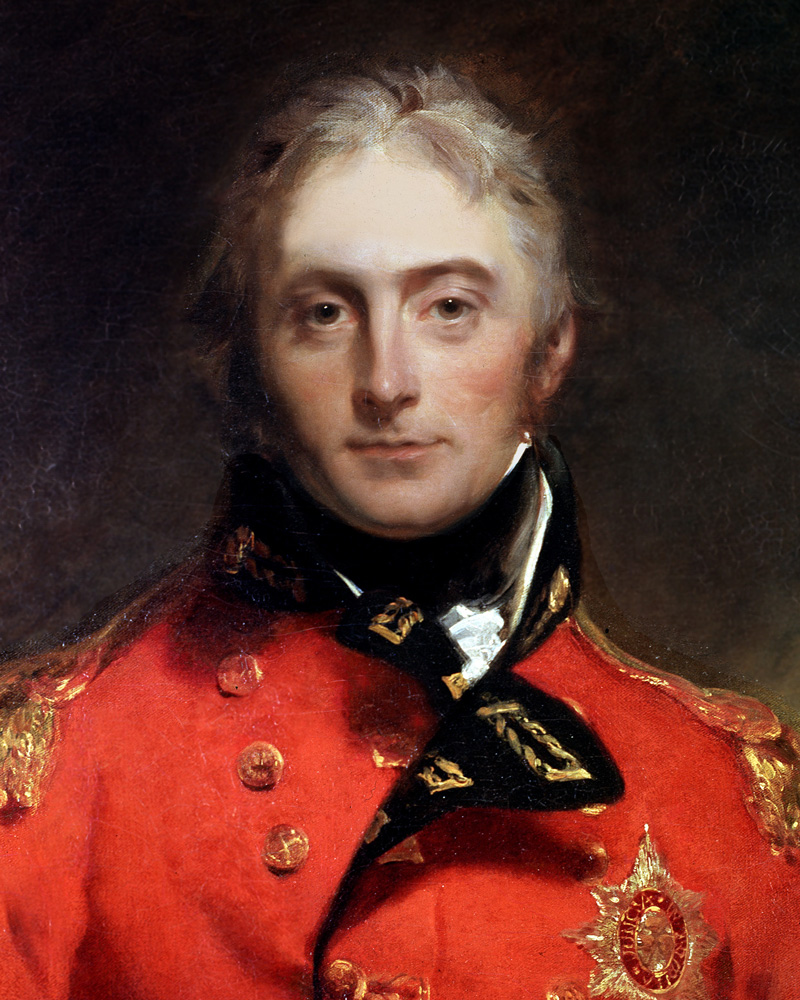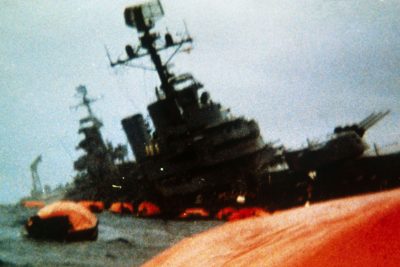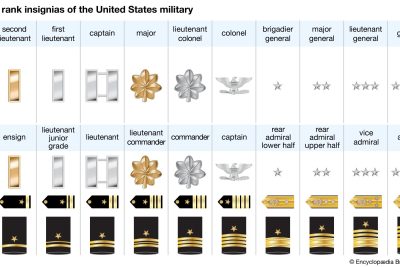
What is Sir John Moore's legacy of courage and leadership

Sir John Moore's legacy of courage and leadership remains a significant chapter in British military history. Known for his daring tactics and exceptional ability to train soldiers, Moore played a pivotal role during the Napoleonic Wars, particularly in the Peninsular War. His strategies not only impacted the immediate outcomes of battles but also influenced military tactics for generations to come.
Another hallmark of Sir John Moore’s contributions lies in his ability to inspire his troops even during the most challenging situations. His leadership enabled his soldiers to navigate through adverse circumstances and emerge resilient. This article explores the intricate details of Sir John Moore's military career, particularly during the retreat to La Coruña, and delves into the lasting impacts of his leadership skills on modern military practices.
Early Life and Military Career
Born in 1761, Sir John Moore hailed from a family deeply rooted in the medical profession. His father was a physician, which influenced Moore's upbringing and instilled in him a profound sense of duty. While he might not have initially gravitated towards a military lifestyle, his drive soon guided him to enlist in the British Army in 1776. Early on in his career, he acquired a wealth of knowledge, gaining experiences that would later shape his reputation as a distinguished military leader.
Throughout his early military career, Moore served in various locales, including Corsica, the West Indies, and Egypt. His time in Corsica, in particular, was instrumental in developing his tactical prowess, where he honed his skills in guerrilla warfare tactics. Known for his rigorous training methods, Sir John Moore quickly earned a reputation for transforming ordinary soldiers into effective infantrymen, which would prove critical in the turbulent times of the Napoleonic Wars.
Leadership During the Peninsular War
The Peninsular War marked a defining moment in Sir John Moore's career. Appointed in 1808 to lead British forces against the French, his primary objective was to assist Spain in expelling the invading forces. When he took command, the Spanish military was dispirited and in disarray following a series of defeats. Recognizing the dire circumstances, Moore exhibited profound leadership qualities, uniting his troops and boosting their morale.
Despite the overwhelming challenges, Sir John Moore's ability to adapt became pivotal. He meticulously coordinated his forces, devising strategies that utilized local terrain to slow down the French advance. This innovative approach was significant in the face of such adversity, demonstrating Moore's unparalleled ability to lead and inspire his men even when the odds were stacked against them.
The Retreat to La Coruña
As the situation in Spain worsened, it became apparent that the French forces were too strong for the British army to confront directly. Sir John Moore faced the daunting task of retreating his troops to La Coruña in northern Spain, a maneuver fraught with risk and uncertainty. The arduous journey through mountainous landscapes and hostile territories tested the limits of his command.
During this retreat, Moore's leadership was crucial. He implemented stringent discipline and ensured the welfare of his troops, emphasizing the importance of maintaining order. His efforts paid off as his men, inspired by his resolve, managed to progress across treacherous terrain despite the clashing conditions. Sir John Moore's preparedness and calmness in the face of adversity played a crucial role in ensuring a relatively organized retreat.
The Battle of La Coruña
The culmination of Moore's leadership would take place at the Battle of La Coruña. Upon reaching the town, he faced not only the urgency of immediate combat but also the need to secure a safe evacuation for his troops. Knowing that the French were closing in, Moore directed his forces into a defensive position, showcasing his tactical brilliance.
The battle erupted on January 16, 1809, and despite being outnumbered, Sir John Moore and his troops fought valiantly. The British army managed to inflict significant casualties on the French forces. However, in a tragic turn of events, Moore was mortally wounded during the combat. His leadership, though cut short, played an essential role in ensuring that his troops could retreat effectively and regroup. The battle and his actions delayed the French conquest of Spain, a critical outcome stemming from his tenacity.
Criticism and Controversy
Despite Sir John Moore's evident bravery and strategic success, his decisions were not free from criticism. Several contemporaries questioned his choice to retreat instead of engaging the French more aggressively. Critics argued that by pulling back, Moore allowed the French to consolidate their hold on Spain. The polarized views on his command style fueled debates among military strategists and historians for years.
Moore’s retreat was often framed as an act of cowardice rather than a strategic necessity, showcasing the challenges leaders face when making difficult choices to preserve their forces. However, it is essential to evaluate his actions within the context of the time. The retreat was not merely a withdrawal but a calculated strategy to save British troops, resist enemy advance, and provide a foundation for future engagements in the ongoing war. Sir John Moore’s legacy eventually shifted from the controversial nature of his retreat to a celebrated remembrance of his foresight in safeguarding lives.
Legacy and Commemoration
Sir John Moore's legacy extends well beyond the battlefield of La Coruña. His unparalleled courage and leadership qualities have been honored throughout history. Following his untimely death, Moore became a symbol of heroism in British military lore, remembered not only for his tactical acumen but also for his deep care for his soldiers. Charles Wolfe's poignant poem, "The Burial of Sir John Moore," immortalized the general, encapsulating the emotions surrounding his sacrifice and valor.
In addition to literary recognition, numerous monuments and memorials have been erected in his honor. The most notable is the Sir John Moore Memorial in La Coruña, which stands as a testament to his significant contributions during the Peninsular War. His ability to inspire loyalty and patriotism still resonates within military circles, influencing military doctrine and leadership training even today.
Conclusion
Sir John Moore's legacy of courage and leadership is a rich narrative interwoven with themes of sacrifice, strategy, and resilience. His unique ability to adapt to rapidly changing conditions during the Peninsular War set a benchmark for future military leaders. While controversies surrounded some of his decisions, the lasting impact of his actions and the respect he garnered from his troops continue to define his legacy. Moore's story is a powerful reminder of the complexities of leadership in times of crisis, showcasing qualities that remain relevant in military strategy even in the modern era. As historians and military enthusiasts reflect on his contributions, they recognize that Sir John Moore embodies the essence of what it means to lead with honor and integrity.
Did you find this article helpful? What is Sir John Moore's legacy of courage and leadership See more here Education.
Leave a Reply






Related posts